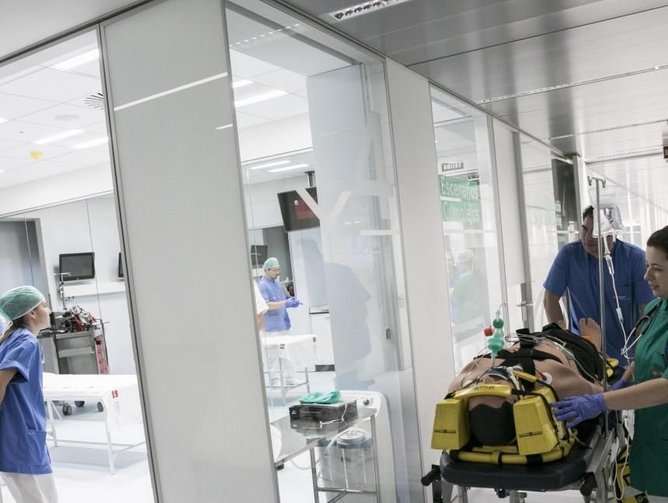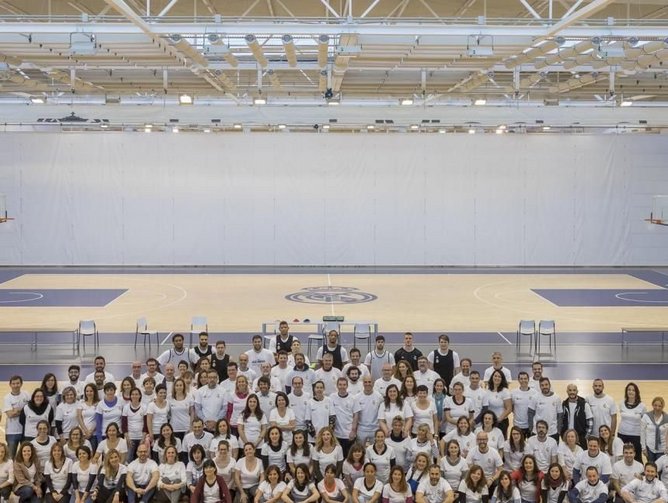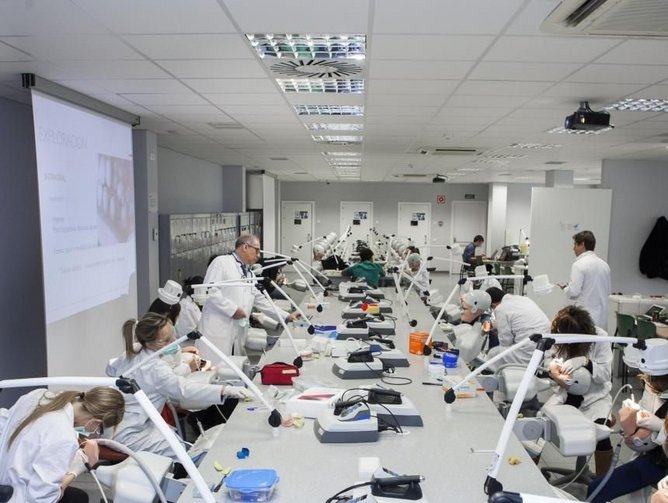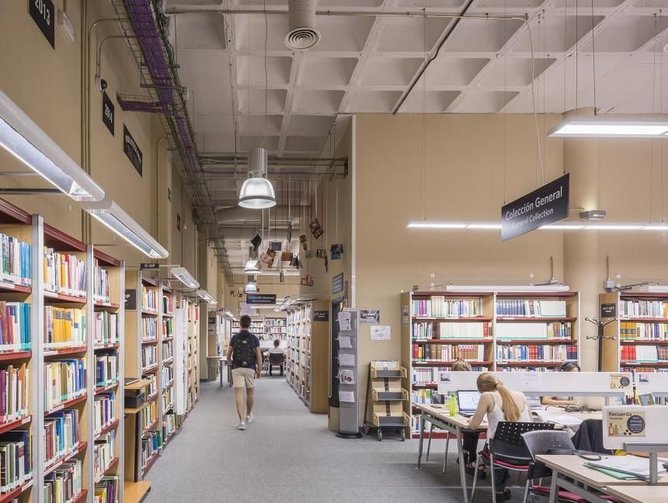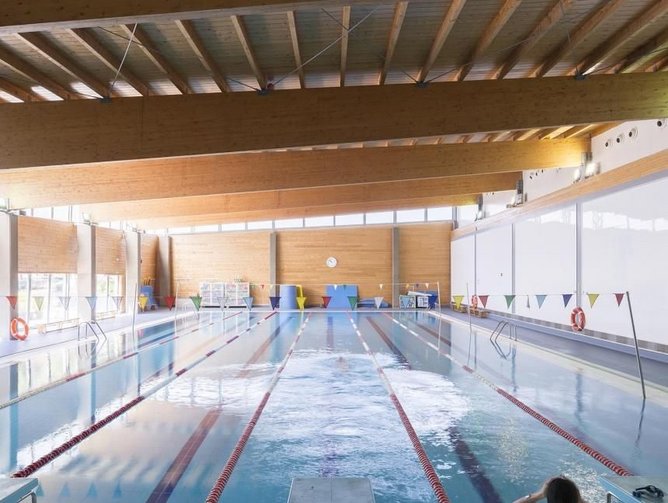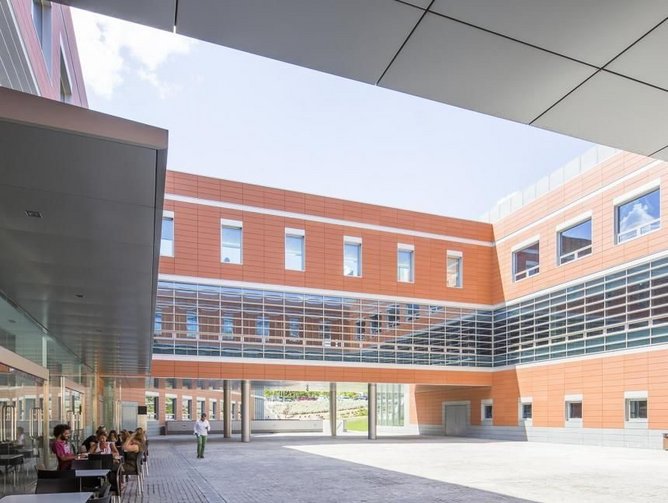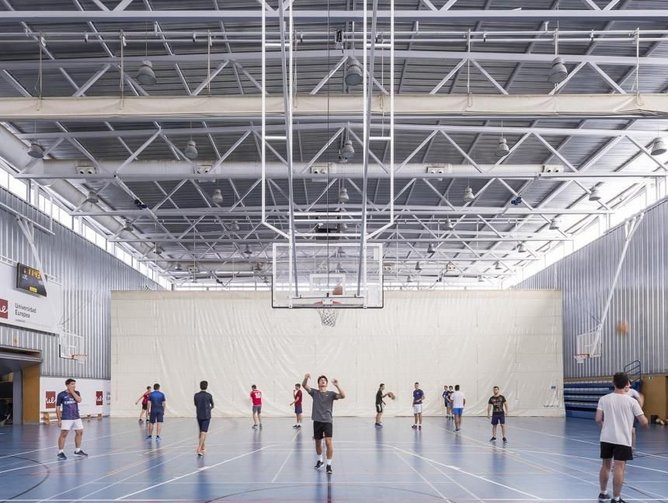As student needs continue to evolve, Universidad Europea has been at the forefront of digital disruption
Offering a dynamic education with the spirit of constant improvement, Universidad Europea is committed to providing an innovative educational model, and is focused on adding value to society. Actively contributing to its progress through education that is designed to help students become professionals and leaders, the organisation is prepared to respond to the needs of a global environment. At Universidad Europea, its exceptional facilities and educational programmes continue to deliver high employment outcomes, where its courses seek to turn its students into ethical leaders, inspiring entrepreneurship, teamwork and creativity.
Viewing educational technology as a global enabler for teaching and learning, Pedro Morcillo, Chief Information Officer and Daniel Milner Resel Chief Technology Officer are passionate about how digitisation has revolutionised the way students engage with its services. No longer content with traditional ways of working, students are demanding tools that not only provide greater flexibility, but encourage continuous improvement, both personally and professionally. It has even been predicted that the e-learning market worldwide will surpass US$243bn by 2022, something which Universidad Europea is keen to tap into.
Responsible for unlocking advantages that digitisation can bring to Universidad Europea in Spain and Portugal, Morcillo and Milner Resel have looked to fully reshape the student experience. With universities in Madrid, Valencia and the Canary Islands, as well as offices in Lisbon and Porto, they have sought to close the gap between technology and academia.
“Our business is education, from the people who are teaching the classes to our students. This is our priority. There are presently three major projects at Universidad Europea in relation to providing a better service. Firstly, there is a new design and host for our main webpage, which is now hosted on Google Cloud. Secondly, we have a medical images service, which is based on the integration of information services and the different devices which take medical images in our eight university clinics. Lastly, we have a simulated hospital. It is a ‘best in class’ installation, unique in Spain in both technology and dimensions,” explains Milner Resel.
The possibilities Universidad Europea have uncovered through investing in technology are endless. Across its framework, its services have been fully disrupted, providing a number of advantages.
“We have services licensed by our corporation and where they are also the admin. We also have services licensed by the corporation at a regional level but we are the admins at a local level. Additionally, we have services where both things are at a local level – for example, SIS, Salesforce, Bullet, 8x8 Call Centre, DNS’s, file servers, printers, WIFI, labs, audiovisuals and more.” By utilising tools provided by Microsoft, Cisco, Tenable and BitSight for its security services, as well as investing in its two data centres, Universidad Europea has also adopted Blackboard Learn software, a virtual Learning Management System (LMS) to provide further student support.
Most recently however, Universidad Europea has witnessed how the implementation of big data has created significant opportunities. The launch of its Business Intelligence (BI) Competency Centre, alongside IBM Cognos and Informatica ETL has seen the business gain a greater understanding of the large volumes of data under its portfolio. The use of automation is now another tool the team is keen to explore, where adopting technology based on Salesforce and 8x8 Call Center has enabled the organisation to look at further ways of transforming the student lifecycle.
“With big data, it's a full transformation. Before undertaking this project, there was one key question that was put on the table – ‘how many people nowadays are enrolled at our university? Marketing has one answer, sales has another and IT another, all of which are not the same. Big data has been a revolutionary approach, successfully led by the IT department,” notes Milner Resel.
However, limited resources within the education sector remain a global issue. To bolster its resiliency and drive quality results, the organisation has utilised audio-visual technologies to promote collaboration. Implementing Lifesize to encourage the sharing of ideas, it is now Universidad Europea’s main tool for videoconferencing, as well as Skype for Business and Zoom. Its project with Smartboards in the classroom is also expected to revolutionise student learning, where the implementation of Clevertouch 86 will work to deliver an immersive student experience within a digital classroom environment. Not only that, to further promote accessibility, Universidad Europea’s partnership with Chilean contractor Moofwd has led the development of a mobile app, powered by cloud technology.
Educational services will continue to evolve, in which Milner Resel coins this ‘the third revolution.’ Students will gain knowledge and expertise through various platforms, where Universidad Europea will soon be taking this to the next stage and look at the long-term benefits of remote working across the organisation.
“We have a lot of initiatives, where in the near future a great percentage of our work force is going to be working from home. It gives families flexibility, lowers utility bills at establishments and more. Here in Spain and Portugal, we are trying to get a more ambitious approach to this kind of work,” he says.
Universidad Europea delivers education that is high quality, accessible and affordable, supporting students in all walks of life. Technology will become a key driver to unlock change, supporting the development of connections across its infrastructure to make a significant impact upon the lives of its students. Universidad Europea is committed to undertaking an ongoing digital journey, which will be key to its enduring success.
